Spoiler Alert!
By Shari Randall
Spoiler alert. Those warnings are ubiquitous nowadays. We just wrapped up the Olympics, where the difference in time zones made watching television or reading the news a minefield for anyone who wanted to be surprised by the outcome of an athletic event.
I even heard “spoiler alert” at a recent book club meeting. Half the group had finished the book —a bestselling literary novel— and the other half hadn’t. The group voted to not talk about the ending in order to avoid spoiling it for those who hadn’t read to the end. I was the only dissenter (full disclosure – it was a very book clubby book, by which I mean it wouldn’t have been so popular if the main character hadn’t survived, nay, triumphed, against the odds and lived to fight for justice another day. I was correct and I admit, I wasn’t a fan of the ending. It would’ve been much more realistic and enjoyable to me if the author had killed off the protagonist. Sorry, I digress.)
In general, I don’t mind knowing how a book ends. As a reader —and a writer— I find it enjoyable to see how the author weaves the story line into a satisfying conclusion.
But if the club’s choice had been a whodunit or work known for a big twist…I definitely wouldn’t have wanted the ending spoiled. Imagine the ire heaped on any book club member who spoiled the twist of Gone Girl or The Murder of Roger Ackroyd? What your friends would say if you spoiled the ending of The Sixth Sense or The Prestige or Murder on the Orient Express?
There was an article about spoilers in Psychology Today by a professor who studies decision making. You can read it here.
A group was given short stories to read. Some were given the story plus the ending. Then researchers asked if having the ending ruined their pleasure in the story. The outcome? Most of the study’s subjects said it didn’t.
My fellow mystery reading fans will immediately see the flaw in the construction of this study.
How many of the study’s subjects were mystery readers?
The team ran the experiment again, with a another group of subjects. This time the results were different. Ha! We know why. The group must have included mystery readers who read for the pleasure of puzzling out the clues to how-, why-, or whodunit. The study’s organizers posit there is a group with a higher “need for cognition” who like to figure out the story for themselves. (read: mystery fans)
The mystery reader reads because – what were Sherlock Holmes words? — “My mind rebels at stagnation. Give me problems, give me work, give me the most abstruse cryptogram, or the most intricate analysis, and I am in my own proper atmosphere. But I abhor the dull routine of existence. I crave for mental exaltation.”
What do you think about spoilers? Do spoilers bother you or do they heighten your pleasure in a story?
Shari Randall is the author of the Lobster Shack Mystery series. Her debut, Curses, Boiled Again, won an Agatha Award for Best First Novel. As Meri Allen, she writes the new Ice Cream Shop Mysteries.


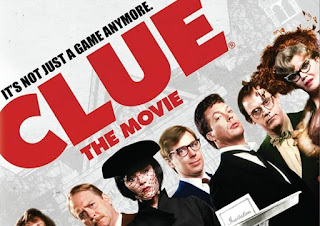


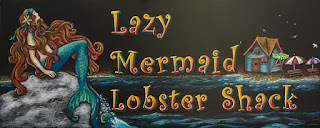
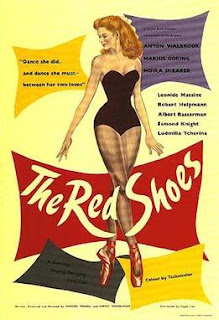

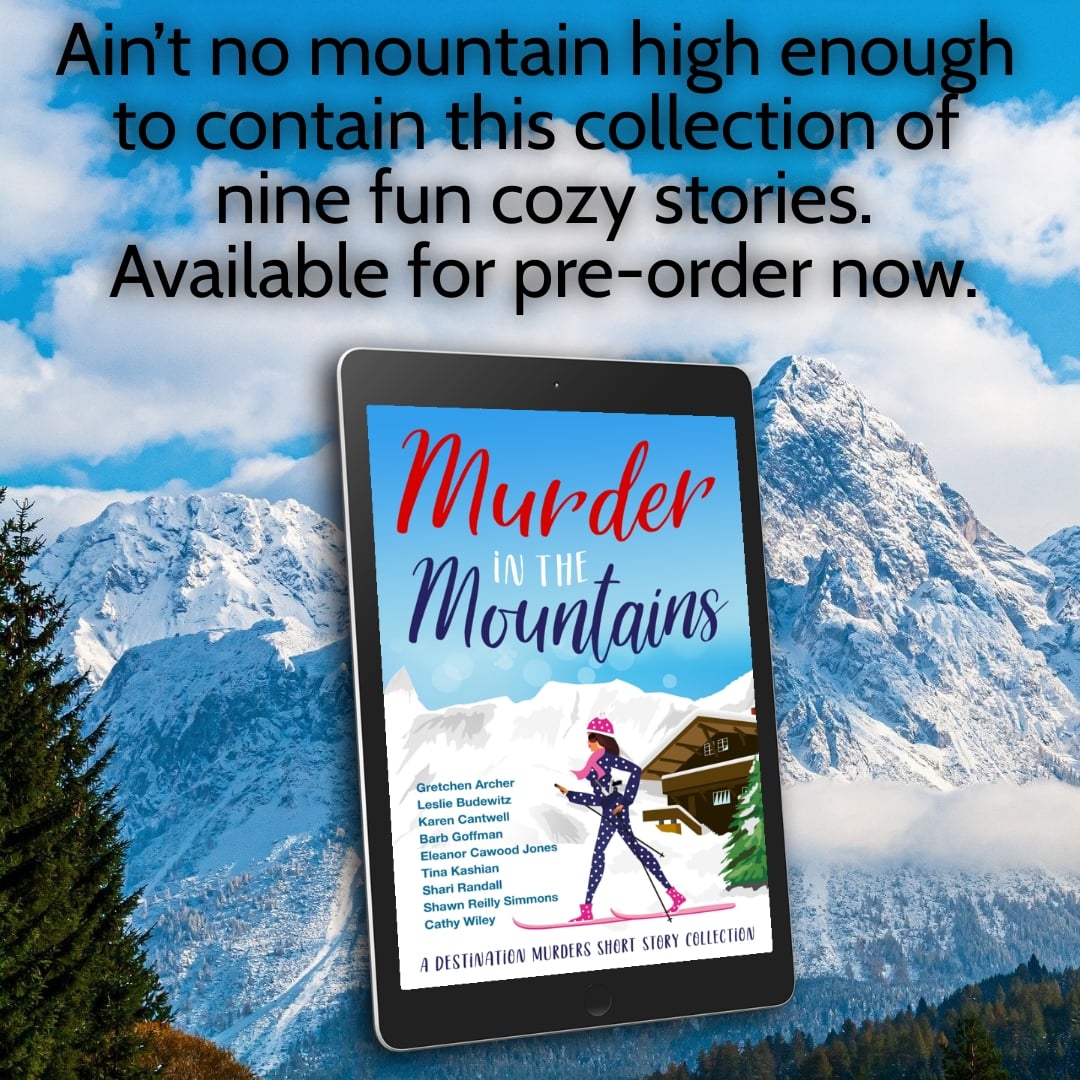

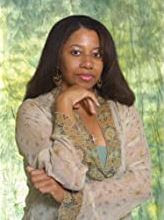
Shari, I'm my own worst enemy when it comes to spoilers because I have a tendency to figure out whodunit early on. (Case in point, I figured out the ending of The Sixth Sense from watching the trailer before the movie was released!) I continue reading or watching, hoping I'm wrong and the author has tricked me. Those are the most satisfying books and movies for me.
Lois, you are the second writer friend who figured out the twist in The Sixth Sense from the trailer! It must be the way the writer brain is wired!
Spoilers ruin it for me since I try to figure out the who done it. However, it won't stop me from seeing a movie or reading a book if I think it's well done, entertaining, etc. Great blog – thanks!
Hi Kathryn, I'm with you! And I will definitely check out a movie even if I know the ending if the new spin on the story is intriguing, or if there's a good cast (any Agatha Christie film, for example) Shari
I am opposed to spoilers, Shari, but then you already knew that. Although I confess if I would have seen the ending of The Notebook, I would have saved the cost of a ticket. 🙂 Very interesting post.
Donnell, I have to laugh. I've never seen The Notebook and now I am going to stay FAR AWAY!
I've always thought the author of The Notebook, without naming names, is a romance writer who ends every book with a tear-jerker ending to avoid the label. He tells a great story. It's his shtick, I guess. I'll pass. If I'm reading a romance, it had better end happily.
Spoilers don't bother me.
Are you telling me you didn't find the ending of the Notebook realistic and satisfying? That said, like Lois, I often figure out things and if something isn't well written or isn't keeping me totally engaged, I may help myself to the ending of the book to see if I'm right or to see if a character I live still is mentioned on the last page or two…but then I'm compulsive enough to back and read the middle fodder to see how the author got to the ending (good or bad).
Realistic, yes, satisfying no. I cried. 🙂
Great post, Shari. I try to avoid spoilers. For me, a big part of the fun is solving the mystery, if I can!
Shari, I'm with Lynn on this. I like to try to solve the puzzle myself, and I think most mystery readers would agree.
A great topic for a blogpost. I'm in the anti-spoiler camp. I want to experience the story with fresh eyes. I wonder at all the reviewers (paid and otherwise) who give away so much of the story that readers may feel they don't need to read it.
I don't mind spoilers at all. I think it may be because I truly enjoy reading a story or watching a movie or series already knowing how it ends. At that time, I don't have worry about how it's going to end so my concentration is focused on how the author or director pulls it off.